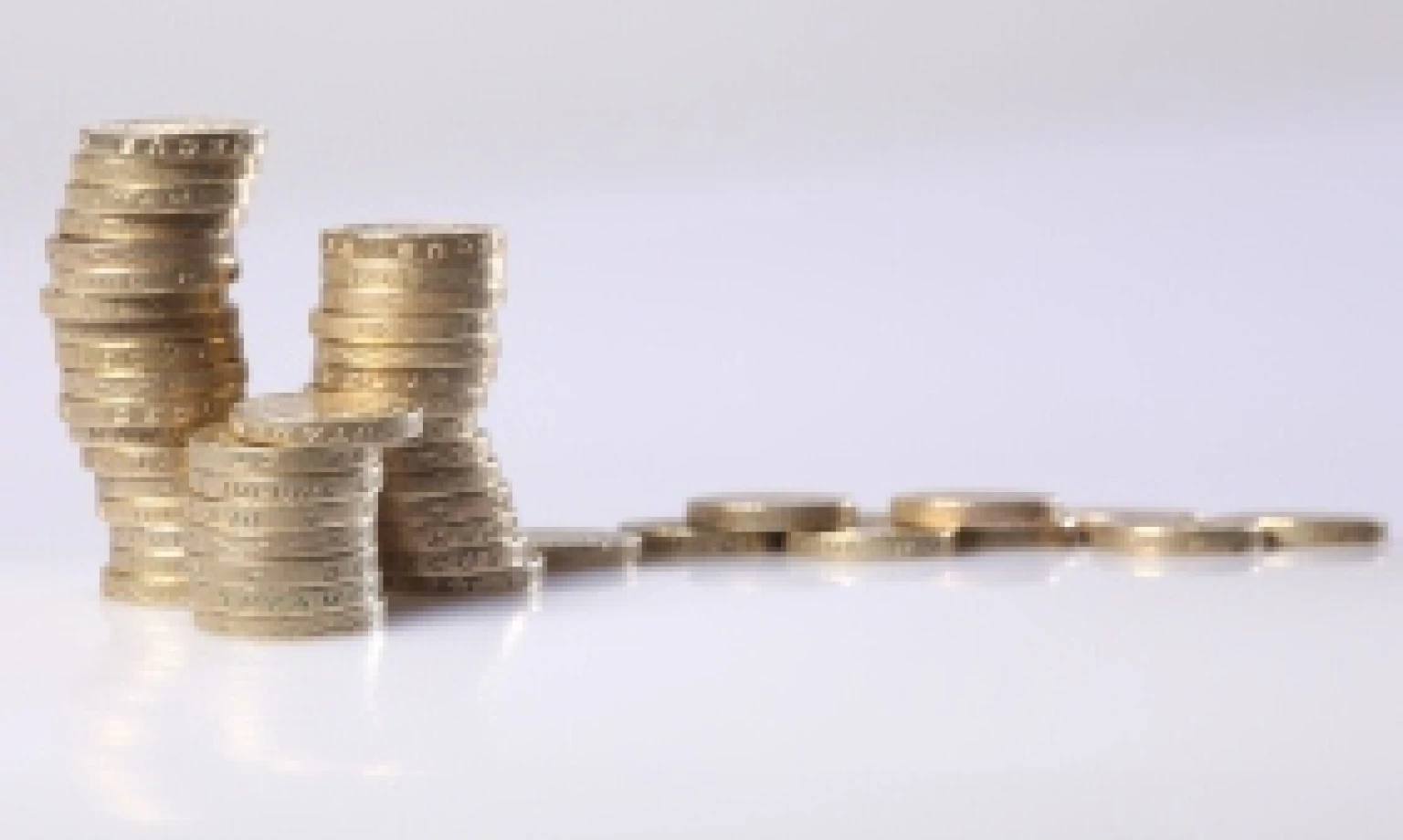Who gets away with it? Poll finds Northern Ireland people more honest
A TNS poll for Tearfund has found people from Northern Ireland to be more honest than elsewhere in the UK when it comes to some every day scruples.
When asked whether they would keep quiet if a store gives too much change, 61% said no – nearly twice as many people as those that would keep quiet (37%). It compares with 45% saying no and 41% yes in Wales and the West of England. And in the North West 44% say no, whilst 48% say yes, they would keep quiet.
The Christian relief and development agency asked more than 1200 people some straightforward questions on personal integrity, ahead of UN Anti–Corruption Day (9 December).
Asked if they would wear a newly purchased item of clothing and return it, 88% of those from Northern Ireland said they wouldn’t. Reassuringly, the rest of the UK is not far behind that.
The poll also found unemployed people across the UK to be more honest than those working. On the question about receiving too much change, 54% of people not working said they wouldn’t keep quiet, compared with 41% of those in work. When asked whether they would report an error in a bank account, crediting a refund twice, 56% of people out of work say they would report it, while only 39% of those in work would do so. When it comes to a supermarket self–service checkout error not charging for an item, although less than half, it’s still the unemployed (45%) who are more likely to own up than those working (37%).
Other interesting results find that less than half of people polled would tell the bank if the cash machine gave us more than our account was debited. And among 16–24 year olds only 28% would tell the bank, contrasting with 51% of people over 65.
Tearfund is campaigning against corruption, which has a grip on many of the world’s poorest communities and destroys many efforts to tackle poverty. The Christian relief and development agency commissioned the poll to bring the issues closer to home.
“Corruption is a global problem, and a scourge on society, which we all rightly condemn in others,” says Tim Magowan, Tearfund’s Northern Ireland Director. “But perhaps this poll shows us that we too are tempted to take more than we should if we think we can get away with it. And while these examples don’t have a massive effect on others, widespread corruption costs Africa around £3,000 a second.”
Put simply, it’s what people get away with when no one is looking. Tearfund says people may argue that some of the findings are acceptable behaviour, or try to justify them.
“That’s a debate we might spark,” says Tim. “But when corruption on a much larger scale is explained away, accepted or ignored, then society rightly takes notice –there’s a public outcry’.
“In countries where people can’t see how money is being spent, corruption can have a drastic effect on society and specifically on the poorest communities. It compounds poverty by undermining a community’s development. That’s why Tearfund is campaigning for strong EU transparency legislation for oil, gas and mining companies to publish what they pay in each country they work in. And next year’s G8, hosted by Northern Ireland, is a great opportunity as we expect corruption to be high on the agenda.”
Tearfund is tackling corruption both within local communities and globally by urging governments to close loopholes that frequently create the opportunity for corruption. The agency says corruption, in the long term, denies people basic services such as health care and education; communities don’t benefit from their country’s natural resources; and tax is misdirected or hidden away in off–shore secrecy.
Find out more at www.tearfund.org/corruption
